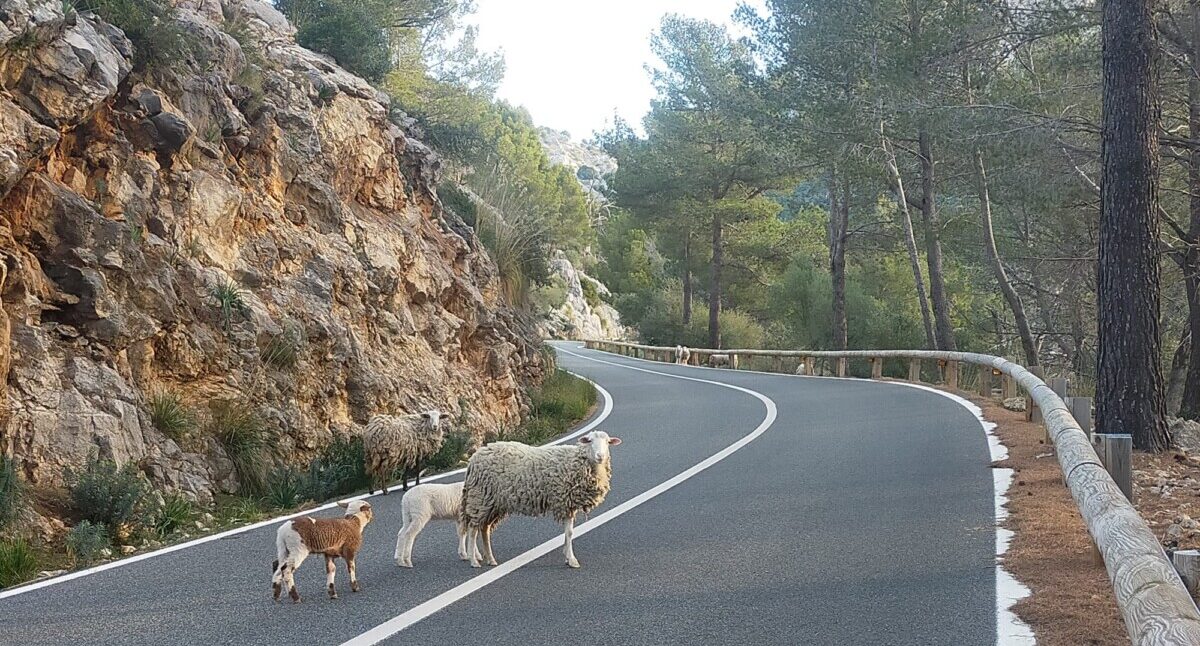Part 1 MLA Citation
Ali, Wajahat. “’We Will Make the Best out of It’: Ramadan amid a Pandemic.” The New York Times, The New York Times, 23 Apr. 2020, https://www.nytimes.com/2020/04/23/opinion/coronavirus-ramadan-iftar.html.
Summary
Playwright and lawyer Wajahat Ali writes a New York Times Op-ed about the difficulties Muslims endured amidst Covid-19 during the holy month of Ramadan. Ali comments on the importance of family gatherings with delicious spread of food to break their fast. He states vulnerable Muslims were breaking their fast alone in their homes. Ali states “How do I concentrate on godliness when I’m trying to avoid the virus to protect my immuno-compromised daughter who just survived cancer”. He points out that he and other Muslims had to worry about the health of their families whilst trying to fast in the month of Ramadan. ‘It’s a month where we learn perseverance and patience. We will make the best out of it.’ The author urges Muslims to be grateful even when they are in unfortunate situations as there are people who are experiencing worse. The main purpose of Ramadan is Perseverance and patience while challenging ourselves by abandoning things we enjoy most Like Eating, Drinking, Sex etc.
Reflection
Wajahat Ali attempts to uplift Muslims during these uncertain times in the most important month of Islam. Ali states “I know I’m not alone in my anxiety, but I also know there are people in much more difficult situations this Ramadan. I especially think of the front-line health care workers, putting in long hours and without adequate supplies, who will be fasting alone while trying to save lives”. He expresses that while everyone is facing difficulties there are Muslim front line workers who are risking their own lives to save other peoples lives while still fasting. Moreover, Ali comes up with solutions to help the people who are fasting but are unable to find food to break their fasts. He comes up with the “social-distancing potluck iftars, where we each cook a meal and leave samples on one another’s doorsteps and the doorsteps of those who might need help providing food for their families”. I agree with Wajahat Ali, During this challenging period, Muslims need look out for one another. If a Muslim is fortunate enough to be able to feast they should invite or share with other Muslims who don’t have the same luxury or privilege’s. Ramadan is a Month of selflessness so Muslims need to be grateful of their situation no matter how dire they feel it is as someone may be experiencing worse. Furthermore, Ali ends his op-ed encouraging Muslims to try their best, Though it may not be heroic or extraordinary, but during these challenging times, it will be enough.
Rhetorical / Genre Analysis
Wajahat Ali target audience are Muslims around the world. His main objective is to shine a glimmer of hope in Muslims to be resilient to the difficulties brought by the pandemic in the holy month of Ramadan. This subject is personal to him as he is a Muslim who is facing this hardship just like the billions of Muslims around the world. Ali uses the Op-Editorial genre to express his opinions and his personal hardships while encouraging Muslims and providing possible solutions. His credibility doesn’t end on the fact that he is a Muslim, but he is also well educated as he is a lawyer and a playwright. Moreover, He has other articles about Muslims and Islam on New York Times which targets educated readership. Though the article is a little old all the information is still relevant for Muslims who is celebrating Ramadan admits the pandemic in 2022.
Notable Quotables
“In the years before this pandemic, despite the hangry, exhausted moments that tend to accompany fasting, Ramadan always left me with a faint smile” (Ali Par 3)
“It’s challenging to adjust. But he told me that any time he feels like complaining, he thinks of the Rohingya Muslims he visited in the refugee camps in Bangladesh”(Ali Par 10)
“God tested the Prophet, peace be upon him, during Ramadan many times,” the imam said. “It’s a month where we learn perseverance and patience. We will make the best out of it” (Ali Par 11)
“I can’t think of a more appropriate way to show one’s commitment to faith and God than taking care of patients during this time” (Ali Par 14)




Good work — overall Good Work!
You still need to get the Reflection part right. Study again what goes in the Reflection. Study the examples I provided.
The entire first half of your Reflection is actually summarizing the Main Ideas. So this part:
Wajahat Ali attempts to uplift Muslims during these uncertain times in the most important month of Islam. Ali states “I know I’m not alone in my anxiety, but I also know there are people in much more difficult situations this Ramadan. I especially think of the front-line health care workers, putting in long hours and without adequate supplies, who will be fasting alone while trying to save lives”. He expresses that while everyone is facing difficulties there are Muslim front line workers who are risking their own lives to save other peoples lives while still fasting. Moreover, Ali comes up with solutions to help the people who are fasting but are unable to find food to break their fasts. He comes up with the “social-distancing potluck iftars, where we each cook a meal and leave samples on one another’s doorsteps and the doorsteps of those who might need help providing food for their families”.
Those are all main ideas from the article. So that is really part of the summary. Instead for the Reflection 3A paragraph, present your own thoughts. Think: How has reading this article helped you with your RQ? AND all those questions from our lesson and from the Assignment on how to write the Reflection 3A paragraph.